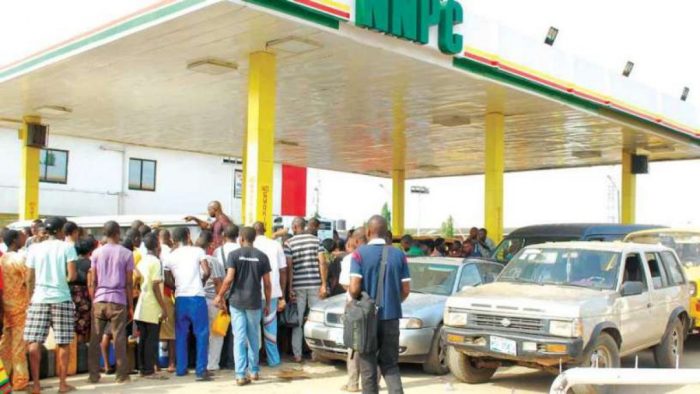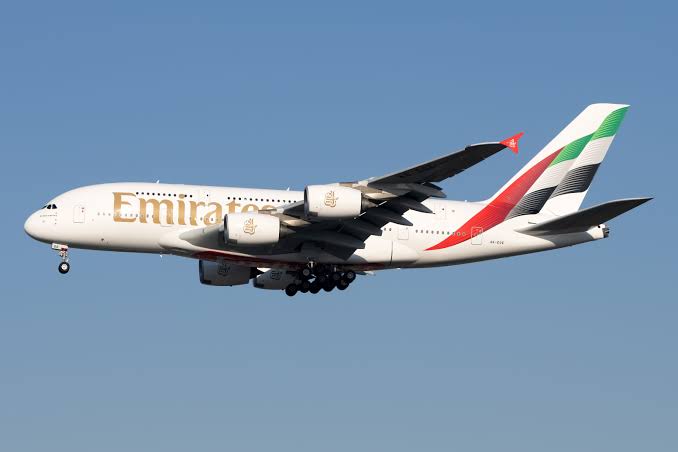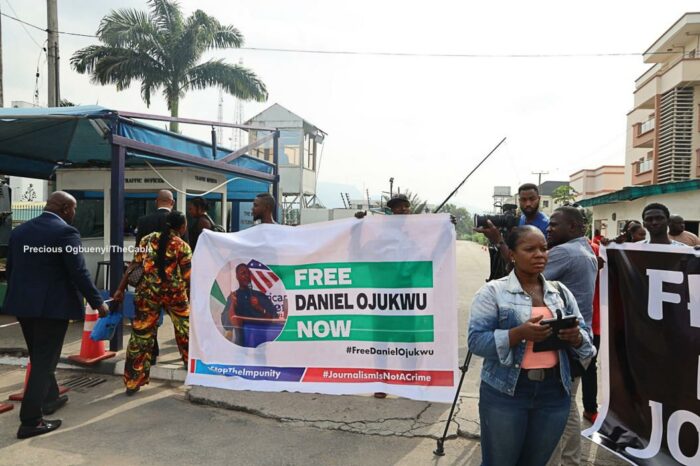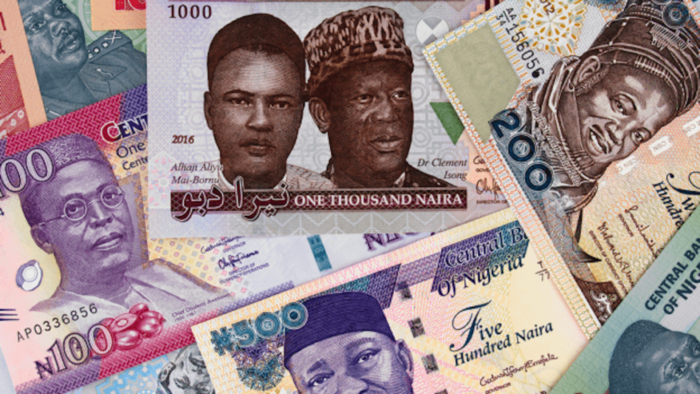Nigerians witnessed a turn of events in 2023. Some of them shook the nation and its citizens to their core, while others ushered in the beginning of a new tide.
Some of these events caused massive street protests, a social media outcry and a push-up on the inflation figures.
FIJ highlights four such notable events related to the economy.
NAIRA SCARCITY
In November 2022, Godwin Emefiele, the immediate past governor of the Central Bank of Nigeria (CBN), announced that the old N1000, N500 and N200 bank notes would cease to be legal tender by January 31, 2023, following a redesign.
This new policy, which Emefiele said would force Nigerian politicians hoarding money to release it, caused a serious cash shortage nationwide.
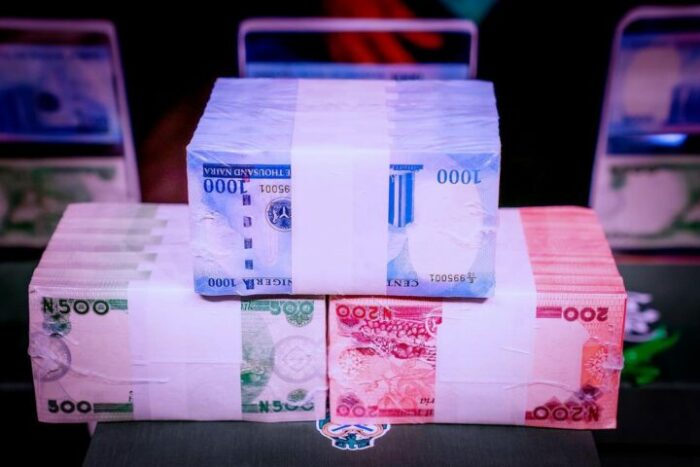
This policy also pegged bank withdrawal weekly limits at N500,000 for individuals and N5,000,000 for corporate organisations. This scarcity, new in the nation’s history, culminated in nationwide protests and bank vandalism.
Court petitions and rulings provided for different extensions to the deadlines for the use of the old banknotes. On the brink of it, the Supreme Court in March stated that the use of the old notes extended beyond December 31, 2023, and no longer had a deadline.
SUBSIDY REMOVAL
When President Bola Ahmed Tinubu was sworn in as the president of the Federal Republic of Nigeria on May 29, during his inaugural speech, he announced that petrol would no longer be subsidised for Nigerians.
His statement pushed citizens into a frenzy as it sparked a massive fuel shortage across the country. In the wake of his statement, the Nigerian National Petroleum Company Limited (NNPCL) issued a directive that made the fuel price jump from N189 per litre to about N537 per litre across different states, though prices varied across the country.
This sparked nationwide outrage and a massive increase in the cost of transportation, goods and services. Since this removal, the pump price has moved stealthily to over N600 in Lagos, Abuja and Port Harcourt.
READ ALSO: EFCC Deletes Post Claiming Alison-Maduekwe Begged Tinubu to Allow Her Come to Nigeria
NAIRA DEPRECIATION
In 2023, the naira hit an all-time low after it traded for over N1000 on the official window of the Central Bank.
The dip continued due to the severe shortage in the nation’s currency. At different points, the naira was traded at N1,100 to a dollar and even as high as N1,200 to a dollar.
FIJ’s interview with Mikael Bernard, a crypto market analyst, revealed that the depreciation was largely caused by the Central Bank’s inability to meet Nigeria’s huge forex need as an import-reliant nation.
“People who are doing bureau de change would be able to buy dollars from exporters and sell to importers. But when there are almost no exporters or exporters don’t even have dollars, then how would they get dollars to give to importers?” He said.
EXIT OF MULTINATIONAL FIRMS
In 2023, Nigeria witnessed one of the highest exodus of multinational organisations. At least five foreign companies stopped business operations in the country due to various reasons.
Unilever, the manufacturer of famous brands like OMO, Sunlight and Lux, was the first to halt operations in March. It stated that it was exiting the home care and skin cleansing category and was stopping the production of Vaseline, Omo, Lux, Dove, Lifebuoy and Rexona.
The producing firm stated that it had lost about N6.297 billion due to the naira’s devaluation and increased borrowing costs. Unilever officially started operations in Nigeria in 1923.
A few months after Unilever’s announcement, GlaxoSmithKline Consumer Nigeria Plc (GSK), a pharmaceutical company, stated that it was exiting Nigeria after 51 years of operation.
While GSK did not exactly state the reason for this decision, financial analysts have linked it to the forex crisis and the naira’s depreciation.
GSK said it would now adopt a distributor-led model to supply Nigerians with its products.
Sanofi-Aventi Nigeria, another pharmaceutical company owned by the French, was the next to end operations in Nigeria.
The company is widely known for the production of prescription medicines and vaccines, as well as consumer health products. It said that it had appointed a third-party distributor to handle its commercial portfolio of medicines starting in February 2024.
On the heels of Sanofi’s exit was Bolt Food. It stated on December 7 that it was stopping its food delivery operations in the country due to business reasons. It further said that the decision was necessary due to the need to streamline resources and maximise overall efficiency.
The latest multinational organisation to end its business in Nigeria was Procter & Gambles, the producer of Pampers, Always, Oral B, Ariel, etc. The company announced that it was difficult to continue operations due to the scarcity of the US dollar in the country.
Subscribe
Be the first to receive special investigative reports and features in your inbox.


